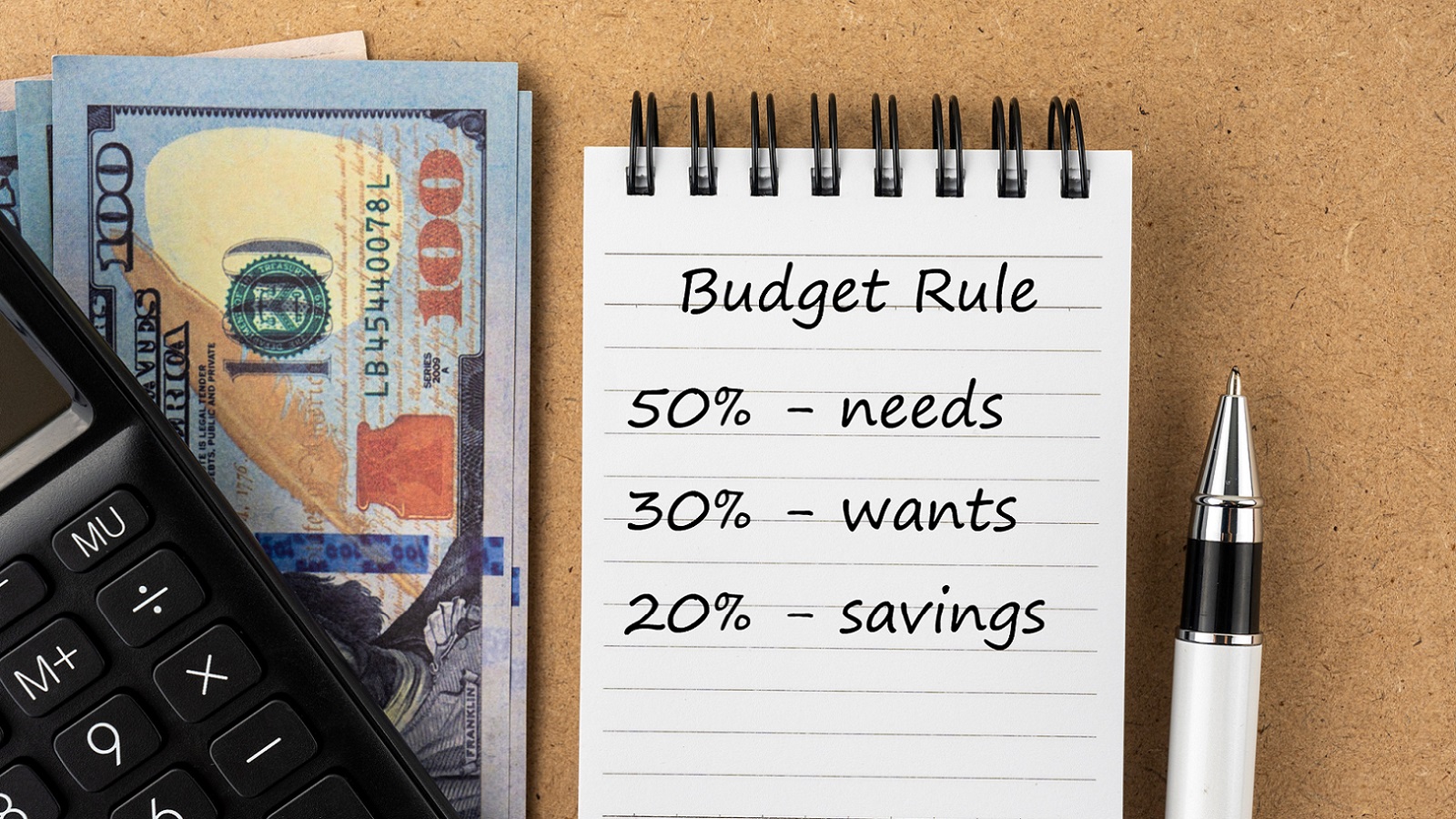Six Essential Money Skills
What all kids should know before they leave home -- and how parents can teach them.

Profit and prosper with the best of Kiplinger's advice on investing, taxes, retirement, personal finance and much more. Delivered daily. Enter your email in the box and click Sign Me Up.
You are now subscribed
Your newsletter sign-up was successful
Want to add more newsletters?

Delivered daily
Kiplinger Today
Profit and prosper with the best of Kiplinger's advice on investing, taxes, retirement, personal finance and much more delivered daily. Smart money moves start here.

Sent five days a week
Kiplinger A Step Ahead
Get practical help to make better financial decisions in your everyday life, from spending to savings on top deals.

Delivered daily
Kiplinger Closing Bell
Get today's biggest financial and investing headlines delivered to your inbox every day the U.S. stock market is open.

Sent twice a week
Kiplinger Adviser Intel
Financial pros across the country share best practices and fresh tactics to preserve and grow your wealth.

Delivered weekly
Kiplinger Tax Tips
Trim your federal and state tax bills with practical tax-planning and tax-cutting strategies.

Sent twice a week
Kiplinger Retirement Tips
Your twice-a-week guide to planning and enjoying a financially secure and richly rewarding retirement

Sent bimonthly.
Kiplinger Adviser Angle
Insights for advisers, wealth managers and other financial professionals.

Sent twice a week
Kiplinger Investing Weekly
Your twice-a-week roundup of promising stocks, funds, companies and industries you should consider, ones you should avoid, and why.

Sent weekly for six weeks
Kiplinger Invest for Retirement
Your step-by-step six-part series on how to invest for retirement, from devising a successful strategy to exactly which investments to choose.
Once I was asked if I thought the idea of teaching kids about money in school was controversial. "It's kind of like sex education," one father told me. "It's a loaded gun."
After I got over my surprise, I had to admit he had a point. Money is a loaded issue. In fact, I just saw a survey in which people said they felt more comfortable talking about sex than about the balance on their credit cards.
Nevertheless, both schools and parents share an interest in making children financially literate. And each plays a unique and complementary role.
From just $107.88 $24.99 for Kiplinger Personal Finance
Become a smarter, better informed investor. Subscribe from just $107.88 $24.99, plus get up to 4 Special Issues

Sign up for Kiplinger’s Free Newsletters
Profit and prosper with the best of expert advice on investing, taxes, retirement, personal finance and more - straight to your e-mail.
Profit and prosper with the best of expert advice - straight to your e-mail.
Schools are a good venue for teaching big-picture lessons about inflation, or using online tools to show teens how to shop for a mortgage or a car loan. The challenge is to put together a curriculum that teens can reasonably be expected to understand.
Insurance and investing are two of the toughest areas for kids to grasp, says David Anderson, of Working in Support of Education, a group that has developed a personal-finance course for high school students. "With investing, we go for breadth rather than depth," he says. "We cover stocks, bonds and mutual funds and what drives pricing, but not ETFS or stop-loss orders."
Parents have the edge when it comes to teaching real-life money-management skills and their family's own financial values. In fact, parents should take the lead in helping kids learn the six money skills I think every child needs to know before leaving home:
- How to manage a cash allowance. Nothing is more effective in teaching kids how to make spending decisions than having to get along on $10 a week.
- How to manage a checking account (and an ATM or debit card). Every teenager should have an account with his or her own money, and know how to balance it.
- How to save for a goal. Kids need a reason not to spend, whether it's saving up to buy an action figure or an iPod. Consider matching all or part of what they put aside.
- How to discover the magic of compounding. Small amounts saved when you're young will eventually grow into big piles of money. See our How much will my savings be worth? calculator.
- How to get out of debt (or not). Have kids use our calculator to see how long it would take to pay off a balance of, say, $2,000 if you paid $50 a month on a card charging 18% interest. Answer: More than five years.
- How to compare prices. Start with unit prices at the grocery store and move on to J. Crew versus Old Navy. My 19-year-old son still remembers doing this exercise when he was younger with sports drinks at the supermarket. Now he asks for my Costco card to buy gas for $3.89 per gallon.
Profit and prosper with the best of Kiplinger's advice on investing, taxes, retirement, personal finance and much more. Delivered daily. Enter your email in the box and click Sign Me Up.

Janet Bodnar is editor-at-large of Kiplinger's Personal Finance, a position she assumed after retiring as editor of the magazine after eight years at the helm. She is a nationally recognized expert on the subjects of women and money, children's and family finances, and financial literacy. She is the author of two books, Money Smart Women and Raising Money Smart Kids. As editor-at-large, she writes two popular columns for Kiplinger, "Money Smart Women" and "Living in Retirement." Bodnar is a graduate of St. Bonaventure University and is a member of its Board of Trustees. She received her master's degree from Columbia University, where she was also a Knight-Bagehot Fellow in Business and Economics Journalism.
-
 Dow Adds 1,206 Points to Top 50,000: Stock Market Today
Dow Adds 1,206 Points to Top 50,000: Stock Market TodayThe S&P 500 and Nasdaq also had strong finishes to a volatile week, with beaten-down tech stocks outperforming.
-
 Ask the Tax Editor: Federal Income Tax Deductions
Ask the Tax Editor: Federal Income Tax DeductionsAsk the Editor In this week's Ask the Editor Q&A, Joy Taylor answers questions on federal income tax deductions
-
 States With No-Fault Car Insurance Laws (and How No-Fault Car Insurance Works)
States With No-Fault Car Insurance Laws (and How No-Fault Car Insurance Works)A breakdown of the confusing rules around no-fault car insurance in every state where it exists.
-
 Smart Strategies for Paying Your Child an Allowance
Smart Strategies for Paying Your Child an AllowanceBy giving your kids money to spend and save, you’ll help them sharpen their financial skills at an early age.
-
 I Need to Cut $1,000 From My Monthly Budget, and I've Already Given Up Starbucks and Dining Out. What Else Can I Do?
I Need to Cut $1,000 From My Monthly Budget, and I've Already Given Up Starbucks and Dining Out. What Else Can I Do?Here are some creative ways to save up to $1,000 a month, even if you feel like you've already made all of the obvious cuts.
-
 I'm a Government Employee and Need to Get By Until the Shutdown Ends. What Can I Do?
I'm a Government Employee and Need to Get By Until the Shutdown Ends. What Can I Do?The second-longest shutdown in history is leaving many federal workers with bills due and no paycheck to cover them. Here's what you can do to get by.
-
 What Does Medicare Not Cover? Eight Things You Should Know
What Does Medicare Not Cover? Eight Things You Should KnowMedicare Part A and Part B leave gaps in your healthcare coverage. But Medicare Advantage has problems, too.
-
 The 50-30-20 Budget Rule: A Simple Way to Save Money
The 50-30-20 Budget Rule: A Simple Way to Save MoneySaving Using the 50-30-20 budget rule is an easy way to save. It helps you prioritize saving while paying off debt.
-
 'Food Tax': Which States Still Tax Groceries?
'Food Tax': Which States Still Tax Groceries?State Tax Ten states still tax groceries, but that figure is shrinking.
-
 How Our Family Fights Inflation
How Our Family Fights InflationBudgeting Millennials typically spend more than other generations on certain expenses that have been increasing most rapidly. Here are some tips to cut your losses.
-
 Gas Prices Around the World
Gas Prices Around the WorldBudgeting Many world gas prices can make what Americans pay at the pump seem like a bargain. But not all.